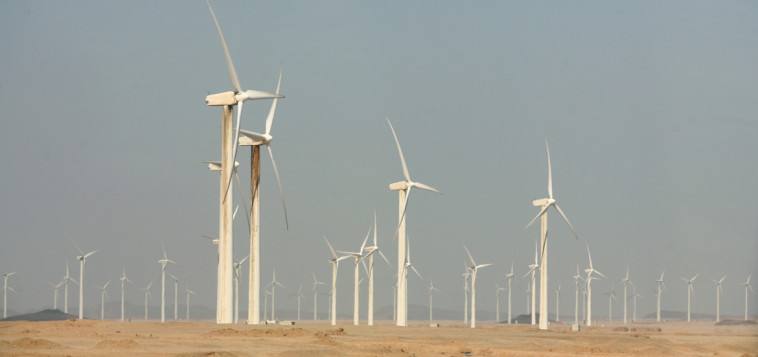

June 2021
I recently attended a digital broadcast on the future of hydrogen, which shed further light on how the authorities in Egypt see their domestic and regional energy markets developing over the coming period – key issues tackled in African Energy's recently published Egypt Power Report 2021, for which I was the lead writer.
There is no doubt in the minds of policy makers that – despite appearances to the contrary – Egypt will need a lot more renewable generation capacity in coming years.
At the Afrika-Verein-organised event, both minister of petroleum Tarek el-Molla and minister for electricity and renewable energies Mohamed Shaker presented Egypt’s strategy on green hydrogen. That they were both there, in itself, underlines the strategic importance of the Power-to-X concept.
Molla said that “Egypt has huge competitive advantages for the production of hydrogen thanks to an existing energy sector ecosystem”. This includes gas feedstock for blue hydrogen, domestic and regional market, plus technological, manufacturing and transportation advantages.”
Shaker confirmed that while some existing installed capacity could support projects, the government’s plan is to add more renewables capacity for hydrogen production – an ambition which sits squarely within the ambition that 42% or more of power consumed in Egypt by 2035 will come from renewables.
Request a PDF factsheet covering key findings for Egypt's supply and demand and market opportunities
I was recently joined by African Energy founder Jon Marks for a discussion of the research undertaken for the report and a range of issues confronting Egypt's electricity industry.
Can Sisi create an energy hub in the eastern Mediterranean?
New scramble for Africa – Green hydrogen and other clean energy export schemes
Managing director and senior analyst, North Africa
John is an experienced analyst on North Africa’s energy markets. He plays an active role in African Energy’s business development, ensuring clients are provided with high-quality quantitative and qualitative research. Read more
